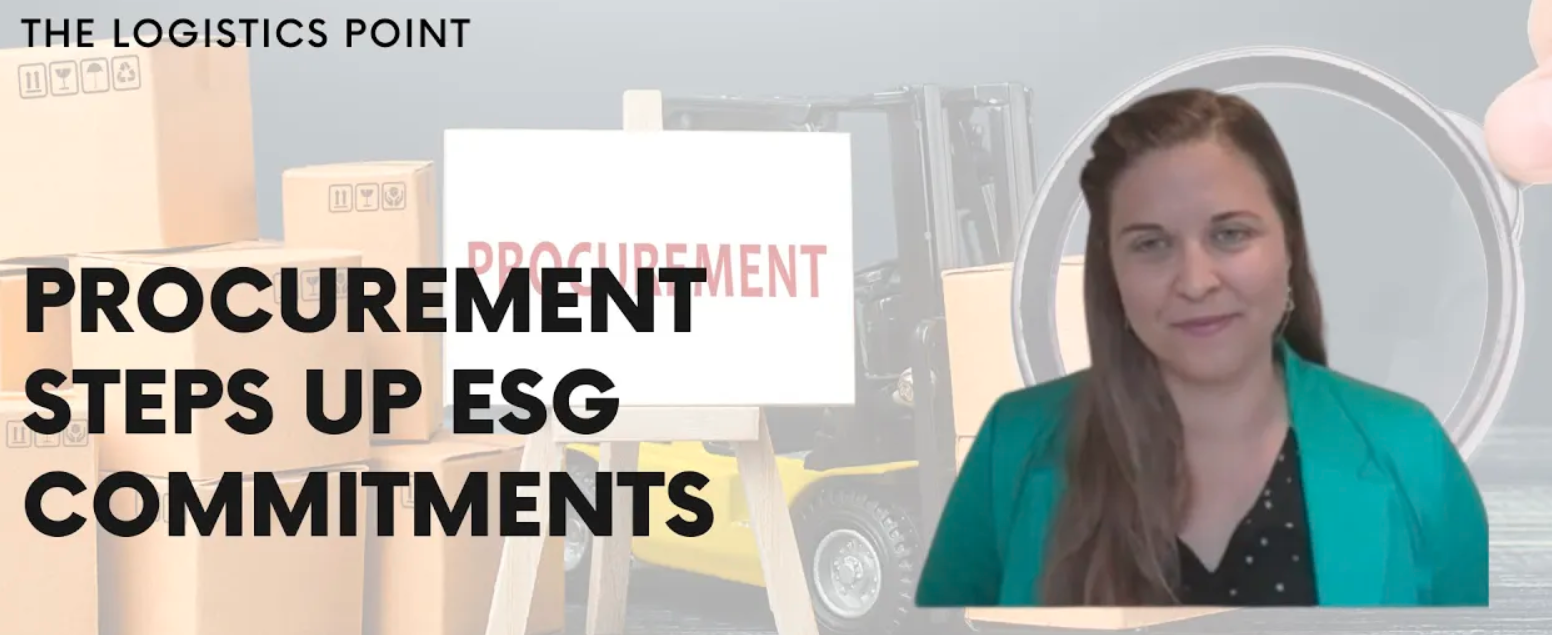Procurement has always played an important role in the supply chain but often it was undervalued. In recent years, due to the pandemic, the war in Ukraine and many other crises, procurement’s status has been elevated. Now it is a critical function directly linked to the ESG commitments of companies. We spoke to Pauline Potter, Procurement Director at EVRi about the role of procurement in greening logistics up. You can watch the full video interview below.
Pauline, EVRi has one of the most ambitious ESG targets in the industry. What is the role of the procurement department in achieving them?
We are committed to be NetZero by 2035. We have a number of other ambitions around human rights management, for example. On the very front, as a logistics business, is our carbon footprint, of course.
Procurement has a clear responsibility to support Scope 1 & 2 by vehicles we acquire, the electricity we use in our buildings, etc. My team also has a bigger responsibility for supporting our central ESG team.
Procurement is often seen as just about lowering costs. How does the department operate when its main focus is on marrying together with environmental consciousness?
Procurement as a function is really changing at the moment. Our reason for existing is driving value for the business and in the past that usually revolved around price. We have added to that quality and service, and the environmental part is just an evolution of that trend.
Now, we also want to drive the best value for the business but also we talk about our suppliers about their carbon footprint, the initiatives they have. We don’t just manage costs but also the carbon footprint of suppliers.
How did you set up the whole operation and decide what steps to take first?
We work very closely with our central ESG team (you can watch a video interview with Nancy Hobhouse, Head of ESG at EVRi, here).
We sat down and looked at our priorities to see which are influenced by our purchasing decisions and which will lead us to a different choice of tools. Some areas would be led by procurement and others will be supported by it.
How do you manage the relationship with your suppliers?
First is making our expectations known. When I speak to peers the biggest frustration is that suppliers are not doing as much proactively as they should. I do not disagree with that but we live in a world where you need to ask for what you want.
We spoke to our suppliers and shared our commitments. We asked for much better data, clear commitment and a roadmap.



